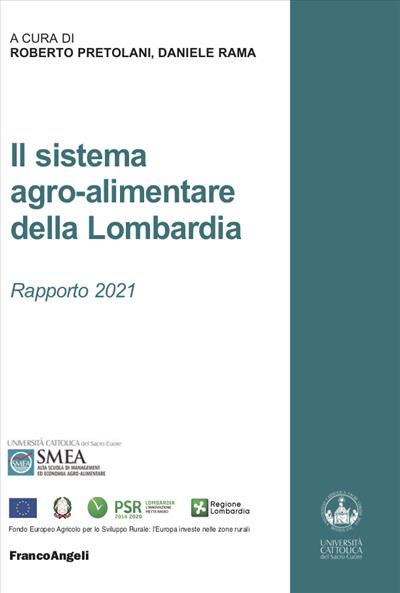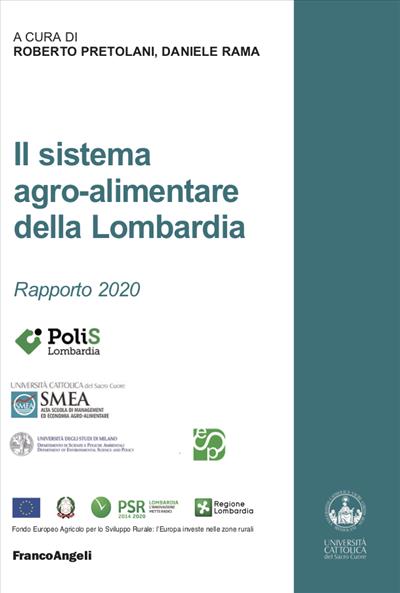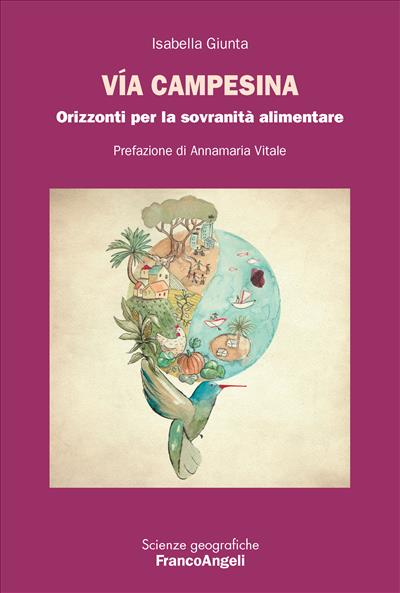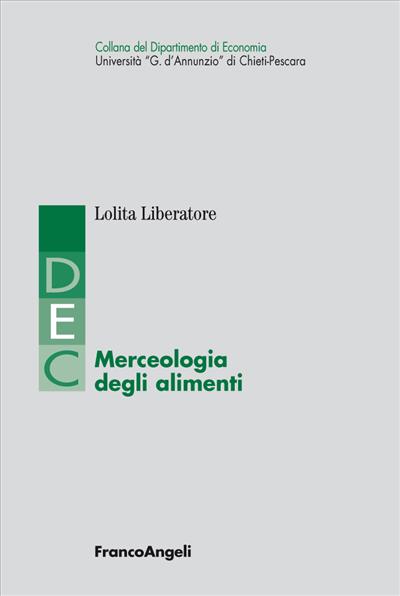
A cura di: Lorenzo Zanni
Leading firms and wine clusters
Understanding the evolution of the Tuscan wine business through an international comparative analysis
Pagine: 288
ISBN: 9788846464460
Edizione: 1a edizione 2004
Codice editore: 380.276
Disponibilità: Discreta




